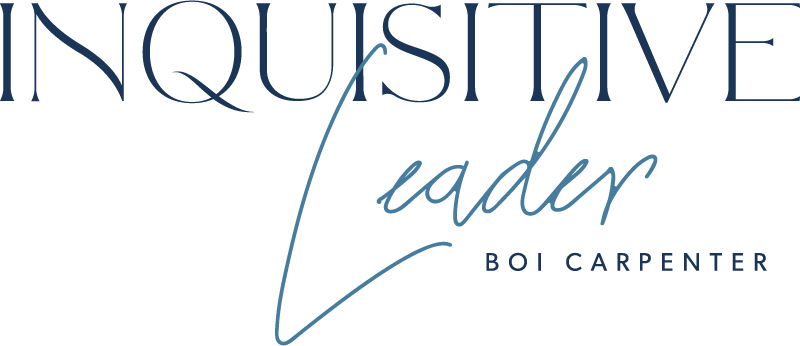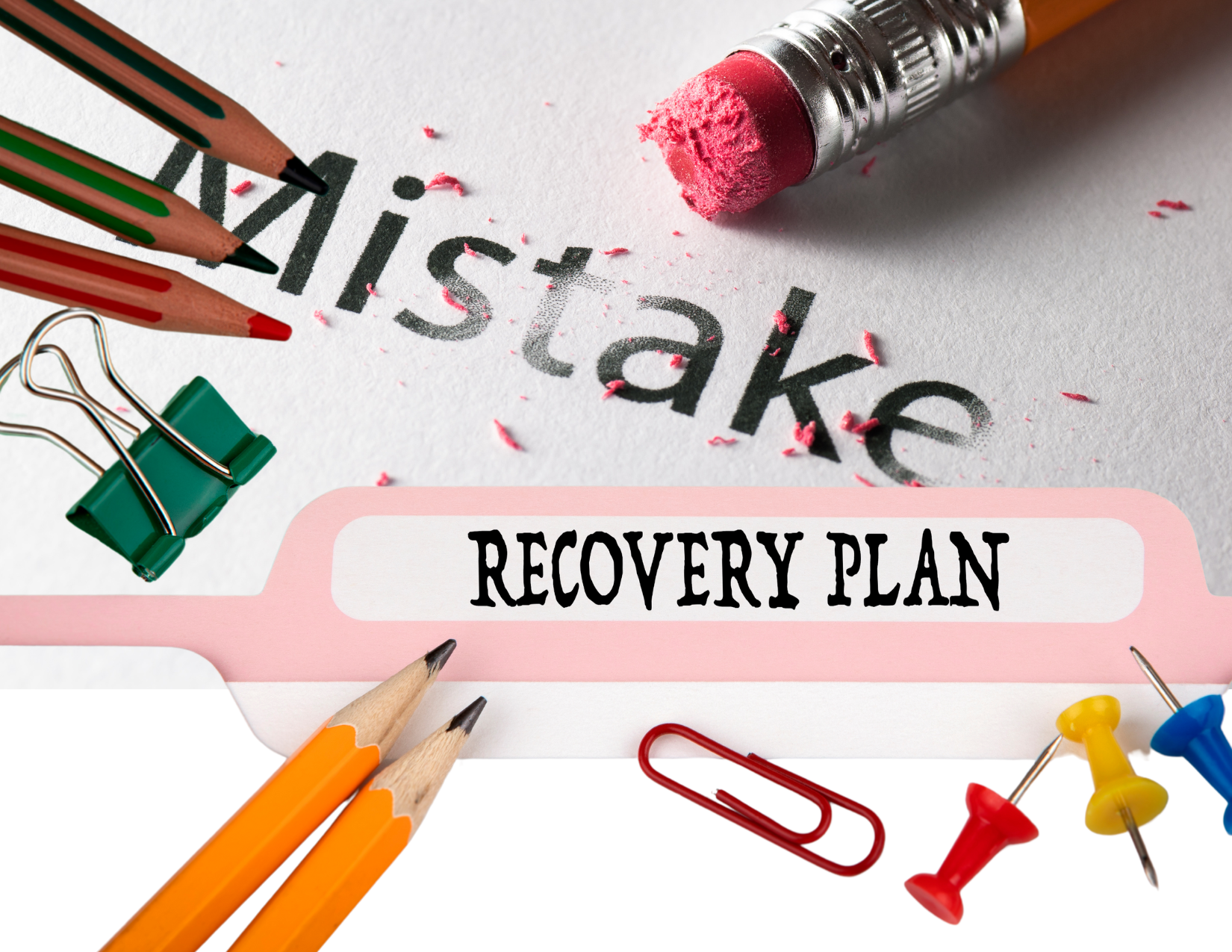The tag line “Inquisitive Leader” might seem presumptuous so let me put it into context. One of my defining attributes as identified by my leadership team and many of their team members is my ability to ask probing questions. This past fall, I received a package in the mail and upon opening it I found a sash that had been sent to me by the leader of my Talent Management and Human Resources team. The sash reads, “Most Likely to Ask Powerful Questions.”
Since being a child, I have been naturally inquisitive. A skill that I am positive kept my parents on their toes. The older I got, the more complex my questions became, and I remember the look on my father’s face when I took my first college philosophy course and was ready to tackle big questions like the existence of mankind.
Growing up as children we all asked a lot of questions as we were finding our way through this big world. It is how we learned and eventually retained information. But somewhere along the way when we became school-aged children and students in college, we were trained to read, listen, and absorb information and most often needed permission to ask questions in the classroom. How many of you never raised your hand? What impact do you think that might have had in suppressing your instinct of inquiry as you were maturing professionally, gaining new skills, and encountering new experiences?
The ability to ask powerful questions is a fundamental element for growth, management, and leading. It fosters openness, curiosity, and collaboration which correlates to better individual and team performance. It gets the best thinking and creativity out of teams and builds an empowering work environment where team members have the psychological safety for inquiry.
So, let us recondition ourselves for inquiry by taking a trip back to our preschool mindset with all that we have learned in adulthood and reignite the curiosity we had about everything in the world. The first thing you can do is to create a safe space for inquiry. Communicate with others about what you would like to try differently so your intentions are not misinterpreted. Then get started by trying out new types of questions. I have found that providing a qualifying statement can help such as, I would like to play devil’s advocate or what if we reverse engineered that question?
There are two types of questions that I think are good to try out as you sharpen your sense of inquiry, clarifying questions and open-ended questions. Clarifying questions dig deeper to get a better understanding of a topic and open a dialogue for further inquiry. For example, what do you think is causing the year-to-date projections to be higher than in previous years? Open-ended questions help you draw more information out so you can determine what other areas you might like to explore. For instance, tell me more about why you think the team is feeling disengaged from our mission?
So, what else do you need to know? The pièce de resistance is active listening. Active listening provides the clues for formulating strategic questions. It requires you to be fully present and engaged. It is listening without distraction and prejudice about what is being said so you can take in the information, distill all the elements of what you have heard, and think.
Now being inquisitive can also be interpreted as being nosey and I will not shy away from that either, and neither should you, as I do like to poke around and inquire about just about anything due to my incessant curiosity about everything in life.
What are some of your curiosity driven questions?







